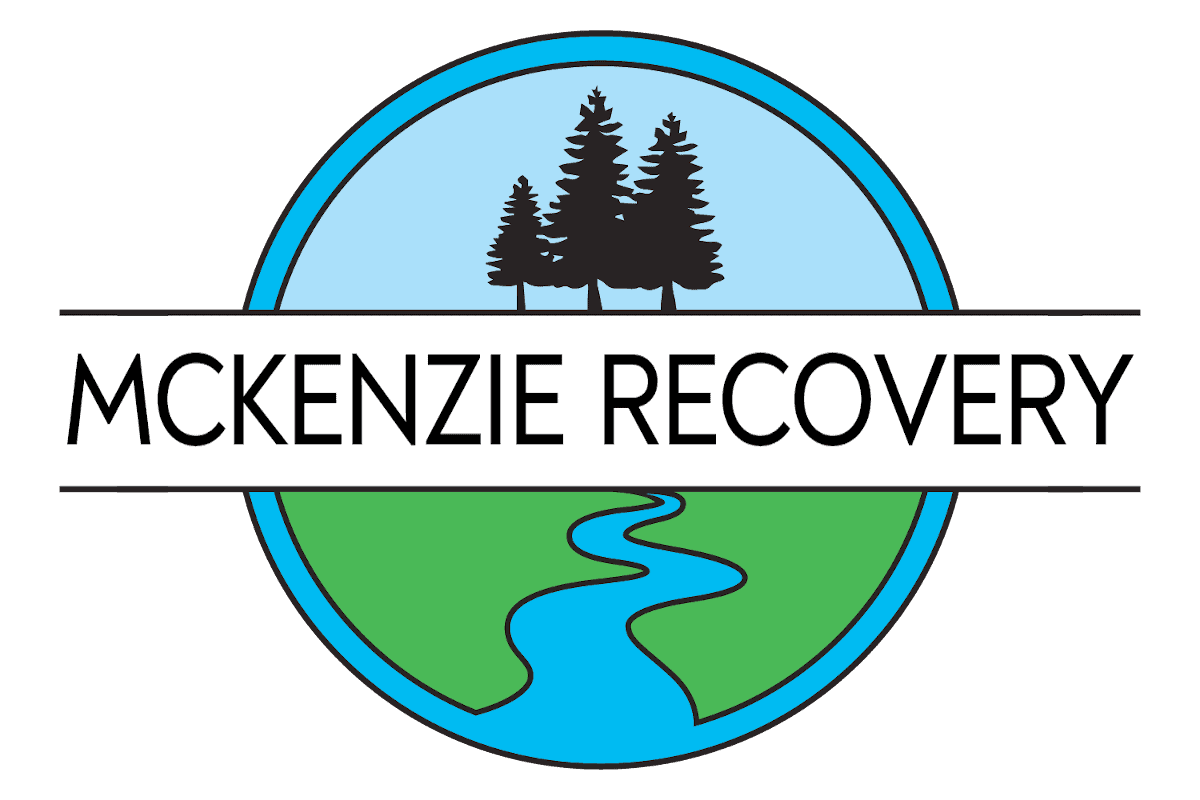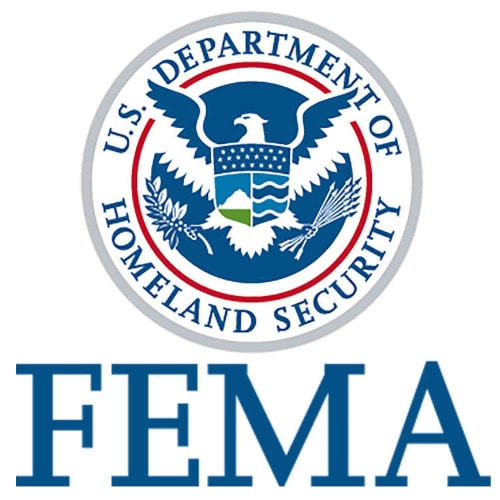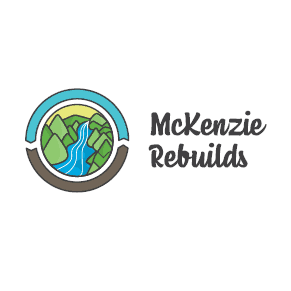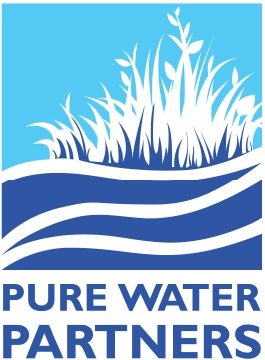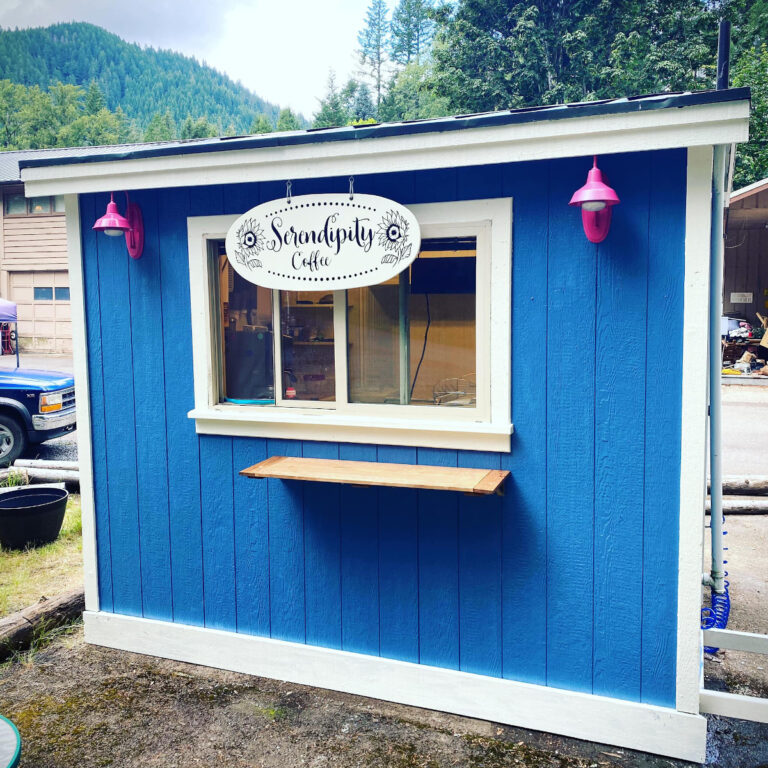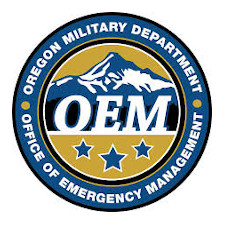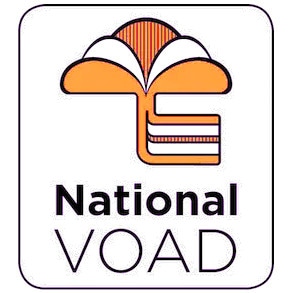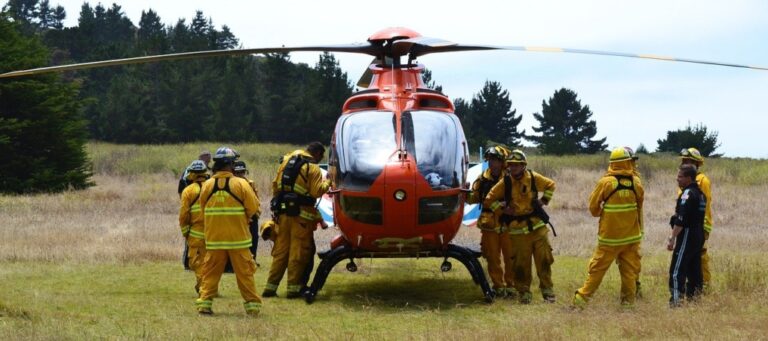DSA Teams Provide Help to Survivors Virtually
FEMA is hoping to encourage as many McKenzie community members and leaders to attend their upcoming virtual training on long-term recovery efforts.
The Long Term Recovery Orientation is a 2-hour webinar, created by the National VOAD Long Term Recovery Group Committee, designed to bring understanding to the development and structure of a Long Term Recovery Group (LTRG). The presentation is geared towards those who have little to no experience or understanding of the long-term recovery process. It will look at various organizational structure options the LTRG may consider. The various presenters will discuss the functions involved and their importance to a well-functioning LTRG.
This training is taking place via zoom next Friday, October 23 from 9am-11am PDT. It will provide resources and information your community may find helpful for starting a Long-Term Recovery Group.
Join Zoom Meeting
https://zoom.us/j/91654520421?pwd=YzRhNHhTd3N2S1dTdXp1aGNaVUNHQT09
Meeting ID: 916 5452 0421
Passcode: 032808
One tap mobile
+13017158592,,91654520421# US (Germantown)
+16468769923,,91654520421# US (New York)
Dial by your location
+1 301 715 8592 US (Germantown)
+1 646 876 9923 US (New York)
+1 312 626 6799 US (Chicago)
+1 253 215 8782 US (Tacoma)
+1 346 248 7799 US (Houston)
+1 669 900 6833 US (San Jose)
Meeting ID: 916 5452 0421
Find your local number: https://zoom.us/u/acIvGbtCH
FEMA’s Disaster Survivor Assistance teams provide survivors of the ongoing Oregon wildfires a means to access and apply for disaster assistance.
- The virtual response is being conducted to ensure the safety of wildfire survivors and FEMA staff in a COVID-19 environment. DSA teams will not be going door to door.
- They will operate at fixed locations such as community centers, libraries, covered parking lots, etc. The teams will follow CDC safety guidelines for COVID-19 including social distancing and use of protective equipment. Locations will be determined by local officials and near the most heavily impacted areas.
DSA helps survivors in different ways:
- Conduct outreach in Clackamas, Douglas, Jackson, Klamath, Lane, Lincoln, Linn and Marion counties.
- Assist survivors wanting to register for FEMA assistance in their communities.
- Check the status of an application already in the system and can make minor changes to applications.
- Through callouts to faith-based organizations, community-based organizations, private sector (businesses) and public libraries that may have the capability to distribute disaster-related information to survivors in the impacted counties.
- Identify organizations providing disaster-related services and/or resources to the general public for immediate and long-term recovery.
- Gather situational awareness about impacts to communities.
- Provide electronic flyers in English, Spanish and other languages explaining how to apply for disaster assistance.
- Provide civil rights and disability integration assistance information to ensure equal access.
###
Disaster recovery assistance is available without regard to race, color, religion, nationality, sex, age, disability, English proficiency or economic status. If you or someone you know has been
discriminated against, call FEMA toll-free at 800-621-FEMA (3362) 711/VRS – Video Relay
Service). Multilingual operators are available. (Press 2 for Spanish). TTY call 800-462-7585.
Follow FEMA Region 10 on Twitter and LinkedIn for the latest updates and visit FEMA.gov for more information.
